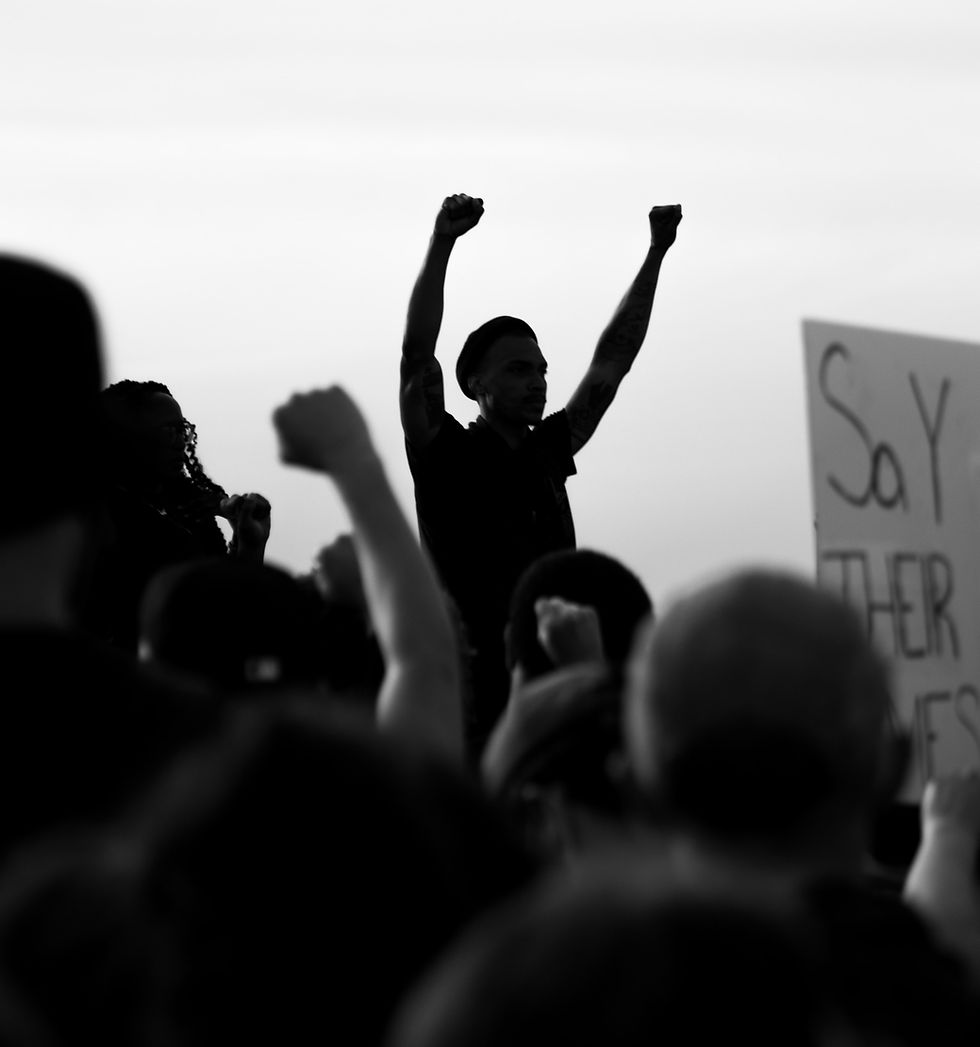Dr. Elena Quintana explores socially just solutions to public safety issues.
Justice Beat Talk Show discusses Social Justice with Dr. Elena Quintana. Dr. Quintana creates programs, researches, and promotes events that explore socially just solutions to public safety issues. Partnering with community members, law enforcement, detention facility staff, and inmates, in addition to universities and local governments—Dr. Quintana aims to implement socially just policies and practices.
What are Dr. Elena Quintana’s research interests?
Her research interests include violence prevention, mass incarceration, reentry issues, trauma therapeutics, immigration, and enhancing public safety through social justice. To her, active participation in both learning and teaching is vital—allowing students to relate their personal experiences to the issues at the moment.
Inspiration as an engine to reach social justice
In another interview, Dr. Quintana shared that, once a month, she helps facilitate a class at Danville Correctional Center with men, primarily convicted of violent crimes–mostly murder.
“They’re also non-violent scholars, who zealously find ways to better themselves and the Chicago communities they physically have not visited for decades. By training inmates with shorter sentences to identify: their trauma-what triggers them, and assist them in responding non-violently to difficulties or challenges.”
To Quintana, social justice is about identifying public safety challenges with socially just solutions.

What Dr. Quintana regards as social justice
The Adler University social justice activist adds, “Together, they have created an inspired space for growth and healing. It is sacred. All participants are disciplined and thoughtful, open-minded and astute. They are the best students I’ve ever had. They are among the best teachers I’ve ever had.” To Quintana, social justice is about identifying public safety challenges with socially just solutions.
What does Dr. Quintana do in terms of furthering access to social justice?
In understanding social justice—we can appreciate and understand—Dr. Quintana's work. The United Nations defines social justice as the fair and compassionate distribution of the fruits of economic growth and the view that everyone deserves equal economic, political, and social opportunities.
Access and opportunity are the primary goals of social workers, especially those in need.
Despite the differences in formal definitions of social justice, there are commonalities:
Equal rights
Equal opportunity
Equal treatment
Quintana holds that she is part of a collective that looks at public safety beyond policing and assessing what the former evolves into in the times ahead.
Restorative/Retributive Justice
In restorative justice, the offender takes responsibility for the actual harm done and takes corrective action. Retributive justice focuses on punishment as its principal objective. This action is considered adequate compensation to the victim and society.

The background of restorative/retributive justice in South Africa
South Africa's (SA) 'restorative justice' philosophy emerged as a response to the need to change the country's 'retributive criminal justice system. The SA system, based on Roman-Dutch law, accommodated indigenous communities of African legal practices. This method is a more participatory and reconciliatory approach. 'Restorative Justice' processes must comply with the South African Constitution, human rights principles, and the rule of law. In many African communities, restorative justice is a conflict resolution approach that brings together victims, offenders, and community members to address and resolve a crime. Addressing crime, disputes, and related problems that affect them promotes restoration, reparation, reintegration, and community participation. Compensation, reparation, or apology are all forms of restoration that help mend broken relationships. African people tend to live communally, and they are wary of anything that might strain relationships, separate a family from the community, and paralyze social relations. (2018) https://www.nyulawglobal.org | A Comparative Analysis of Restorative Justice Practices in Africa - GlobaLex (link is external)
Working with the Independent Monitoring Tool
Elaine Sutton, the Executive Producer and Host of the Justice Beat Talk Show, asked Dr. Quintana: "What working with police reform is like, and what Dr. Quintana's efforts are in this policing transformation?" She replied that The Independent Monitoring Team is responsible for assessing the Chicago Police Department and the City of Chicago's Compliance with the Consent Decree. Dr. Quintana assured our viewers that the team has no direct affiliation with the City and Police Department.

Comments